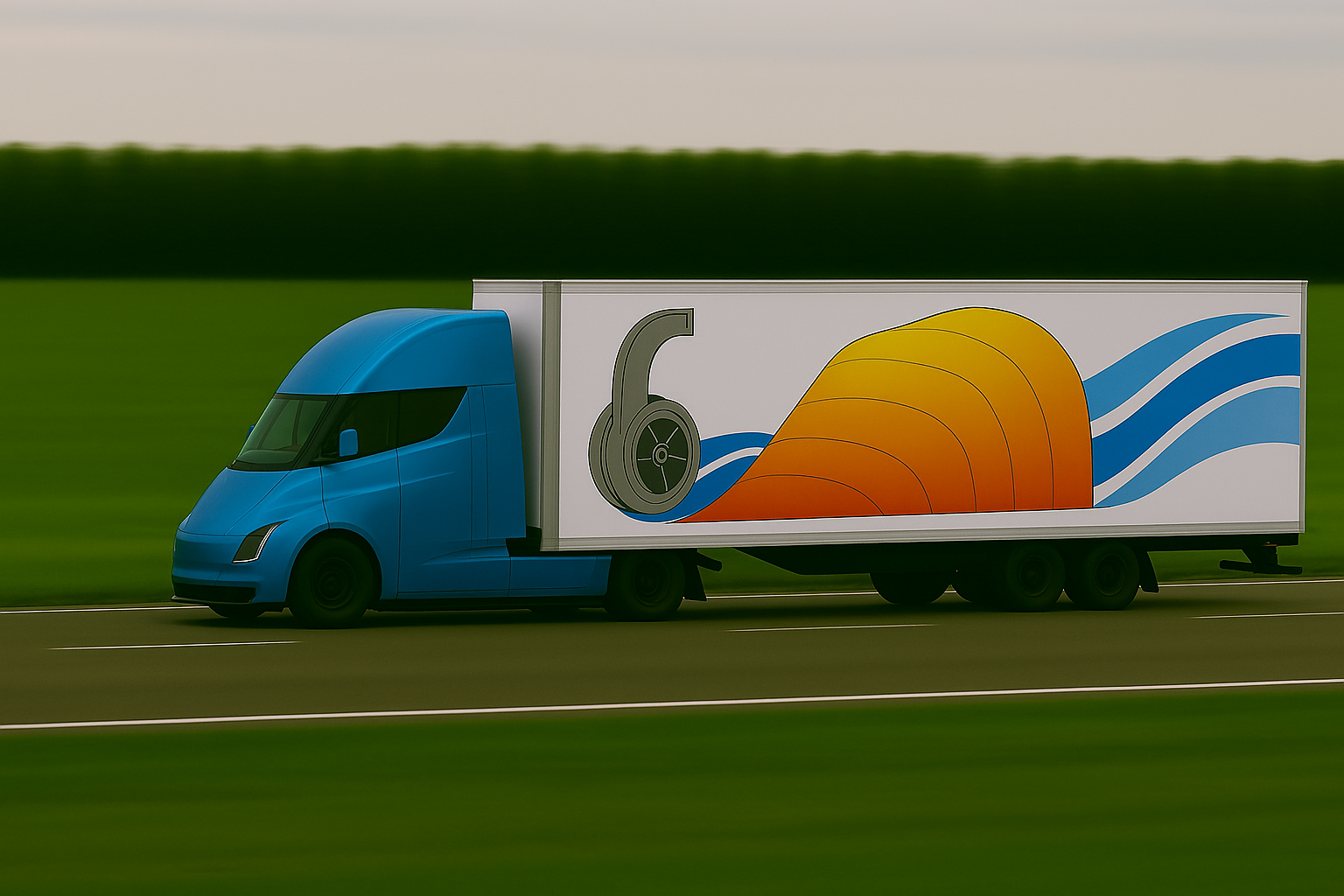Modeling, control, and optimization of thermotronic systems

The project started with a comprehensive exploration of turbocharger performance modeling, focusing on both the compressor and turbine sides. The initial phase aims to develop a solid understanding of how these components function individually and in unison, providing insights into the critical role they play in engine performance. Following this, the project will delve into the modeling of internal combustion engines (ICEs), which requires a thorough understanding of thermodynamics and its control, i.e., thermotronic systems. This aspect of the study will cover the fundamentals of energy transfer, combustion, and efficiency within ICEs, which is essential for accurate modeling.
The knowledge gained from these investigations applies to a wide range of research areas. For instance, it can drive further development of ICEs with biofuels, pushing the boundaries of efficiency, emissions control, and fossil-free fuels for sustainable transportation. With a fundamental understanding of an ICE, it might be possible to see changes in the behavior of the ICE when using biofuels. Moreover, this understanding can support advancements in related fields, such as fuel cell technology, battery modeling, and hydrogen propulsion, where thermodynamic principles are similar. Another interesting area is the potential for using hydrogen or ammonia as fuels in large diesels. Ammonia would not harm the environment if spilled, as it is part of the nitrogen cycle and is one of the most transported goods globally.
Contact

Lars Eriksson
Professor
Linköping University

Carl Steen
PhD student
Linköping University
